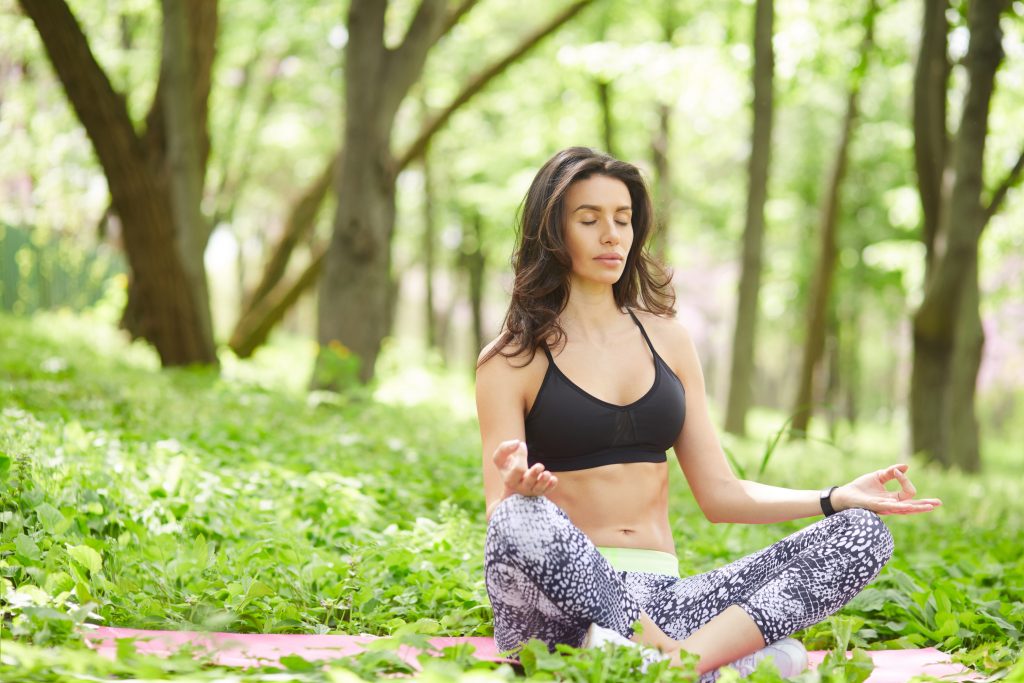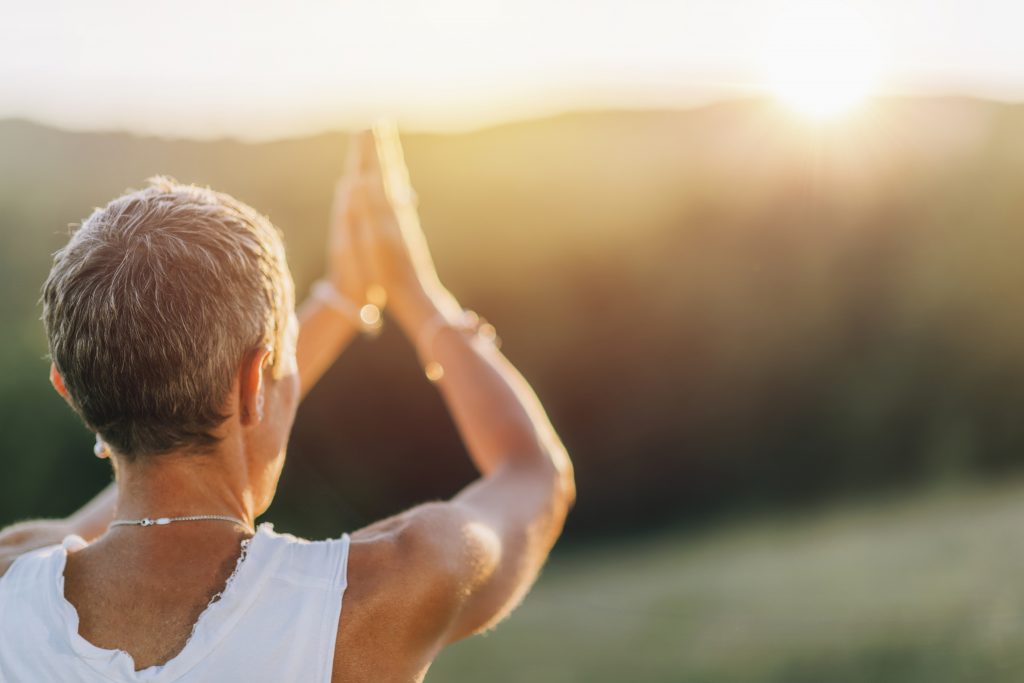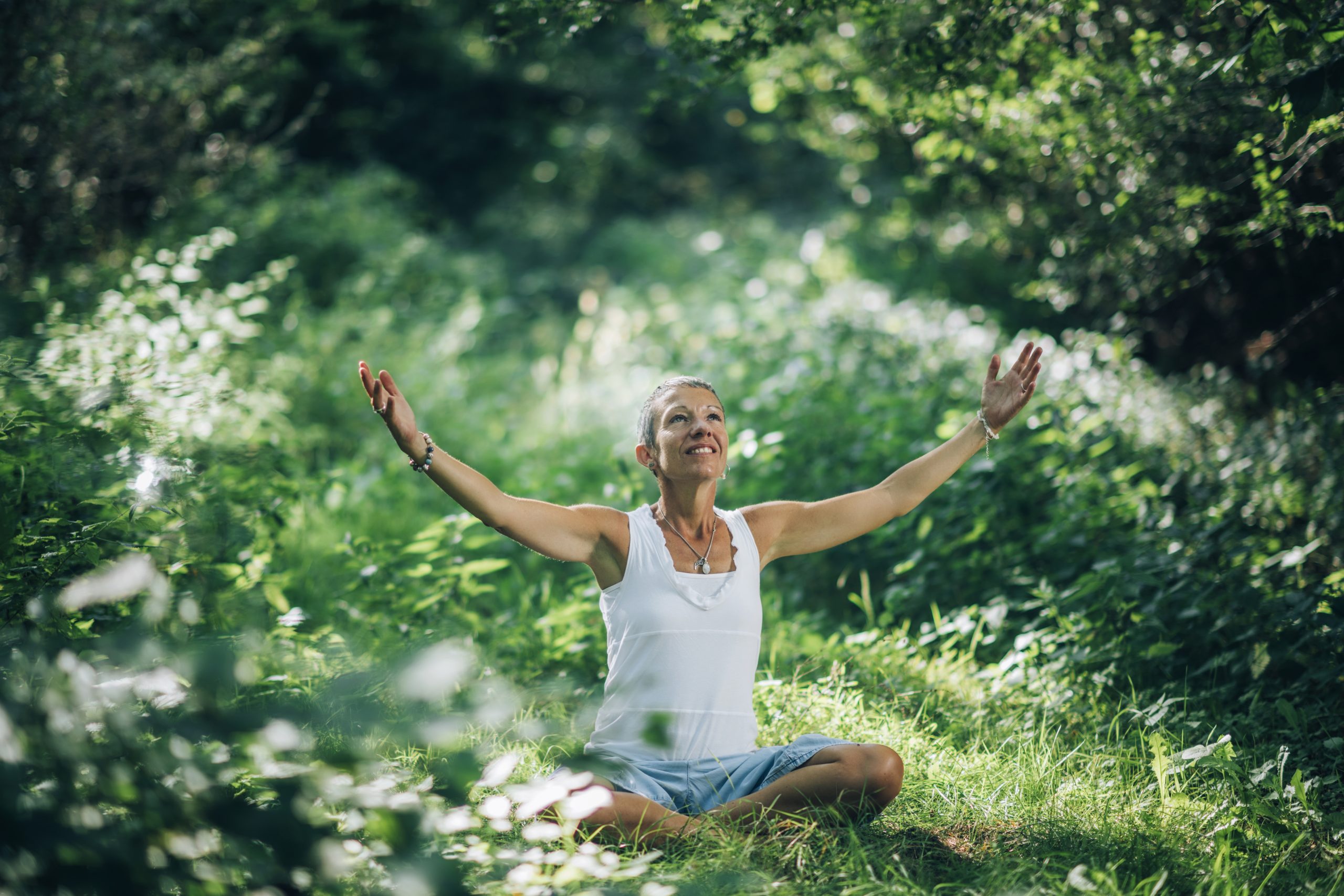From the earliest civilizations, beauty has been seen as a source of power and esteem. Throughout history, different cultures have had varying perceptions of beauty and physical appearance. In today’s world, social media has further complicated how people view themselves and others in terms of beauty. The Psychology of Beauty is an ever-evolving topic that affects our self-perception in myriad ways.
Let’s explore how ancient cultures viewed beauty, cultural differences in perception, and the effects of peer comparison on mental health. Have you ever stopped to consider what impact our society’s idealization of physical beauty has on your own self-image?
Overview of the Psychology of Beauty
The psychology of beauty is a fascinating area of study that explores how our perceptions of beauty and attractiveness impact our self-perception, behavior, and relationships. At its core, the psychology of beauty examines how our brains process and interpret visual information, and how our personal experiences and cultural backgrounds shape our understanding of what is beautiful.
One of the key concepts in the psychology of beauty is the idea of symmetry and proportion. Research has shown that humans have a natural preference for symmetrical faces and bodies, which are perceived as more attractive and healthy. This preference is thought to be rooted in our evolutionary history, as symmetrical features may be a sign of good genetic health and fertility.
Another important aspect of the psychology of beauty is the role of social norms and cultural values in shaping our perceptions of beauty. Different cultures have different standards of beauty, and these standards can change over time. For example, in some cultures, a fuller figure may be seen as more attractive, while in others, a slim figure is preferred.
The psychology of beauty also explores the impact of media and advertising on our perceptions of beauty. The images we see in magazines, movies, and advertisements can shape our understanding of what is beautiful and desirable, and can influence our self-esteem and body image.
Overall, the psychology of beauty is a complex and multifaceted field that offers insight into how our perceptions of beauty shape our self-perception and behavior. By understanding the psychology of beauty, we can better understand ourselves and the world around us.

History and Cultural Differences in Perceptions of Beauty
Throughout history, different cultures have had their own unique interpretations and standards of beauty. Ancient Egyptians prized long, black hair and full lips, while the Chinese admired pale skin and small feet. In India, it was believed that a woman’s beauty was enhanced by her jewelry, while in Japan kabuki theater performers were expected to be highly made up with white face paint.
In the West, body shape has historically been used as an indicator of beauty; however in many other parts of the world this is not the case. For example, some African cultures have traditionally valued larger body size as a sign of wealth and health. Additionally, there has been a trend in recent years towards embracing more diversity in Western countries when it comes to our perceptions of beauty.
Ultimately, no one culture or society can claim to have definitive standards for beauty; instead we must recognize that beauty is subjective and that everyone has their own unique idea of what makes someone beautiful or attractive. By being open-minded about different definitions of beauty we can create a more inclusive and accepting society where everyone feels comfortable with their own appearance.
In conclusion, beauty is not one-size-fits-all. It is something that can vary drastically between cultures and even within them. We must be open to different definitions of what makes someone beautiful and accept that all forms of beauty are valid. As we move towards a more inclusive society, let us remember that our differences are what make us unique and special. Now, let us take a journey back in time to explore the ancient beauty standards of Greek and Roman Cultures!
Ancient Greek and Roman Cultures
The Ancient Greeks and Romans had their own unique take on beauty. In Greek culture, a woman’s beauty was determined by her inner strength and character as well as her physical appearance. A beautiful woman was one that was intelligent, kind, and brave. For men, physical strength and athleticism was seen as attractive. In Roman culture, beauty was more closely associated with wealth and status; women desired pale skin to indicate their privileged lifestyle and men sought to appear wealthy through the use of expensive clothing and jewelry.
In both cultures makeup played an important role in enhancing a person’s beauty. Women used kohl eyeliner to define their eyes while men would darken their eyebrows for a more masculine look. Jewelry was also popular among both sexes; necklaces, rings, and brooches were all seen as symbols of wealth.
Overall, it is clear that Ancient Greek and Roman cultures had strikingly different interpretations of what constituted as “beautiful”. While the Greeks valued inner strength over physical appearance, the Romans placed importance on superficial indicators such as wealth and status. Despite this contrast however, one thing remains true: beauty has always been subjective throughout history!
Different Definitions Across Cultures
Beauty is a concept that is defined differently across cultures, with no single definition universally accepted. In some cultures, beauty may refer to physical features like a slim figure or even fair skin. In other societies, beauty may be seen as something that goes beyond the physical and is determined by qualities such as intelligence, kindness, or bravery. Even within certain cultures, there can be different interpretations of what constitutes beauty; in western countries for example, people may place emphasis on physical appearance while in eastern countries intellectual traits may be emphasized more highly.
No matter the culture however, the concept of beauty remains subjective and ever-changing. What was once considered beautiful in one period of time might not be viewed the same way in another due to cultural influences and changing trends. Beauty should also never be limited to just one narrow definition; rather it should celebrate diversity and encompass all types of people regardless of their differences.
Western Countries and Contemporary Trends
In Western countries, beauty is often seen through a contemporary lens that values physical appearance. Skinny bodies, symmetrical faces, and big eyes are held in high regard as the cultural ideal of beauty. This can lead to increased feelings of pressure and insecurity among those who do not fit the narrow definition of what it means to be beautiful. Thankfully, there is a growing awareness of this problem and an effort to promote body acceptance and diversity in the media.
Social media platforms have been instrumental in helping people celebrate their individual differences rather than trying to conform to any one specific ideal. Positive affirmations such as “I am beautiful just the way I am” have become popular phrases on these networks, sending a powerful message about self-love and encouraging people to embrace their unique traits instead of feeling ashamed for not fitting into society’s preconceived notion of what it means to be attractive.
Social Media and Self-Perception
Social media has proven to be an incredibly powerful tool for how we think about ourselves and our beauty. While it can be a great platform for positive affirmations, it can also lead us down a dark path of comparison and self-doubt. Seeing images of friends or influencers who seem perfect on the surface can leave us feeling inadequate and like we don’t measure up. To combat these negative feelings, it’s important to remember that what you see on social media is often not a true representation of someone’s life.
Everyone has flaws, and nobody is perfect—not even those with seemingly flawless Instagram feeds. Unfollowing accounts that make you feel bad about yourself might help reduce feelings of self-comparison, as well as focusing more on content that makes you feel inspired and uplifted. Self-love is an on-going journey, but by being mindful of the messages we are consuming through social media, we can work towards finding our own definition of beauty.
The Role of Peer Comparison on Beauty Perception
Peer comparison can have a huge impact on our perception of beauty. We often look to people around us—whether that’s friends, family, or influencers on social media—to shape our views of what is considered attractive. This can lead us to feeling inadequate and like we don’t measure up and can cause serious issues with self-perception if taken too far. To combat these negative feelings, it’s important to remember that everyone has flaws and nobody is perfect—not even those who seem flawless in the eyes of others. It’s also important to remain mindful of how much time you spend comparing yourself to others and why this might be making you feel bad about yourself. Finally, try to focus more on content that makes you feel inspired and uplifted instead of content that leaves you feeling down about your own looks.
No matter how you look, it’s important to remember that beauty is subjective and there’s no one-size-fits-all definition. Everyone has something special about them, and the more we focus on our own individual strengths and uniqueness, the more confident and positive we can feel about ourselves. In the next section, we’ll explore Social Comparison Theory & Self-Discrepancy Theory – two theories that explain why comparison can have such a huge impact on our self-image.
Social Comparison Theory & Self-Discrepancy Theory
Social Comparison Theory & Self-Discrepancy Theory offer insight into why comparison can have such a powerful effect on our self-image. Social Comparison Theory suggests that we use the people around us as a benchmark for how attractive or successful we should be. We compare ourselves to those closest to us, whether it’s friends, family, or influencers on social media, and the resulting comparison can lead to feelings of inadequacy if we don’t measure up.
Self-Discrepancy Theory posits that these comparisons create a discrepancy between our actual selves and our ideal selves – leading us to feel negative emotions when there is an imbalance in what we expect of ourselves and what we see in the mirror. This feeling of not measuring up can have serious consequences for our mental health and overall self-esteem.
Both theories are important reminders that everyone has flaws and nobody is perfect – not even those who seem flawless in the eyes of others. It’s important to remain mindful of how much time you spend comparing yourself to others, and focus more on content that makes you feel inspired and uplifted instead of content that leaves you feeling down about your own looks.
Effects of Peer Comparison on Mental Health
Peer comparison can have a major impact on our mental health. When we compare ourselves to others, it can lead to feelings of insecurity and self-doubt. This can especially be true if we’re constantly comparing ourselves to people who appear to be more attractive or successful than us. These negative feelings can take a toll on our mental health and even lead to depression or body image issues.
It’s important to remember that everyone has flaws and nobody is perfect, no matter how flawless they may seem in the eyes of others. Instead of wasting time comparing yourself with others, focus more on content that makes you feel inspired and uplifted instead of content that leaves you feeling down about your own looks. Take time for positive affirmations and focus on all the great things about yourself that set you apart from everyone else.
Negative Consequences of Obsessive Comparisons to Others
Comparing ourselves to others can become an unhealthy obsession, particularly in today’s social media-centric world. We are constantly bombarded with images and videos of people who seem to have it all – perfect bodies, amazing careers, beautiful homes – and this can leave us feeling inadequate or worse. Studies have found that obsessive comparisons to others can lead to decreased self-esteem, body image disturbance, depression, anxiety and other negative psychological effects.
At the end of the day, it’s important to remember that no one is perfect and everyone has their own unique gifts and talents. Instead of fixating on what you don’t have or aren’t able to do, focus on the things that make you special. Celebrate your accomplishments and practice self-love instead of obsessively comparing yourself with others. It may not be easy at first but with patience and effort you’ll soon find that it’s possible to break free from excessive comparison and start appreciating your true worth!
Body Image Disturbance and Body Dysmorphic Disorder
Body image disturbance and body dysmorphic disorder (BDD) are serious problems that can have a major impact on an individual’s life. Body image disturbance is defined as a negative perception of one’s own physical appearance, while BDD is a mental health disorder characterized by obsessive preoccupation with one’s physical features.
Individuals affected by these disorders may be overly critical of their bodies and constantly compare themselves to unrealistic standards of beauty depicted in the media. This can lead to feelings of shame, guilt and low self-esteem as well as lead to extreme measures such as crash dieting or dangerous cosmetic surgery.
People suffering from body dysmorphic disorder may also experience social anxiety and depression due to fear of being judged by others based on their perceived physical flaws. It’s important for those affected by these conditions to remember that they are not alone, and that there is help available. Seeking professional counseling or support groups can be beneficial in helping individuals cope with body image issues and understand the root causes behind them.
Having a positive body image is essential to one’s mental and emotional well-being, and it is important to remember that beauty comes in all shapes and sizes. With the right support, individuals suffering from body image disturbance or BDD can learn to appreciate their bodies and develop healthier relationships with themselves. Now let’s take a look at Physical Appearance and Attractiveness Evaluation – how we view our physical appearance affects more than just our self-esteem, so let’s delve deeper into this topic!
Physical Appearance and Attractiveness Evaluation
Physical appearance and attractiveness evaluation is a complex and often under-examined topic. It plays an important role in how we view ourselves and the world around us. According to the Journal of Personality and Social Psychology, people tend to evaluate attractive people more positively than unattractive people, regardless of their actual behavior or personal characteristics. This phenomenon is known as the halo effect.
Research has also shown that physical beauty can lead to positive outcomes such as higher salaries, better job opportunities, and increased popularity. On the other hand, being perceived as physically unattractive can lead to negative consequences such as social exclusion or self-esteem issues. In Western countries, body size has been linked to attractiveness judgments as well – taller people are generally seen as more attractive than shorter individuals.
Despite cultural differences in what constitutes physical beauty, it’s clear that physical appearance plays a huge part in our lives and can affect our self-perception in subtle ways. When we make comparisons between ourselves and others, it’s important to remember that beauty isn’t just skin deep – there are many components which contribute to an individual’s overall attractiveness beyond their outward appearance. Learning positive affirmations or engaging in activities which promote self-love are great ways of improving one’s own body image and feelings of self-worth!
In conclusion, it’s important to remember that appearance is only one aspect of attractiveness. Everyone has different features and characteristics which make them unique and attractive in their own way. If you’re struggling with self-esteem issues or feel like you don’t measure up in the eyes of others, it’s important to learn about positive affirmations and self-love activities which can boost your confidence and self-worth.

Conclusion
At the end of the day, beauty is subjective and much more than skin deep. There are many components which contribute to an individual’s overall attractiveness beyond their outward appearance, including positive self-talk and engaging in activities which promote self-love. It’s important to remember that everyone has different features and characteristics which make them unique and attractive in their own way. Whether you’re struggling with body image issues or feel like you don’t measure up in the eyes of others, it’s essential to recognize your own value and worth as a human being. By embracing yourself for who you are, you can learn to appreciate your natural beauty and inner strength!









